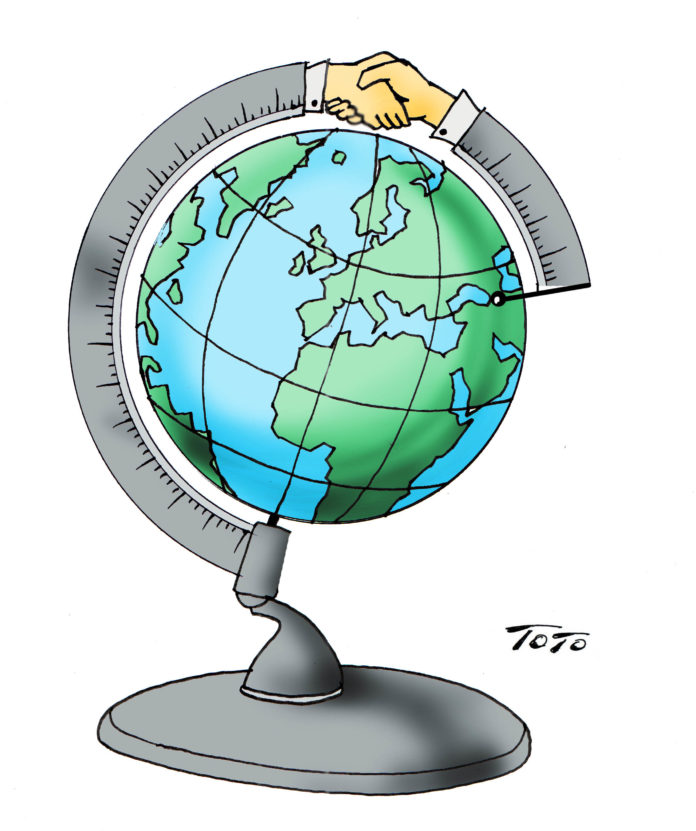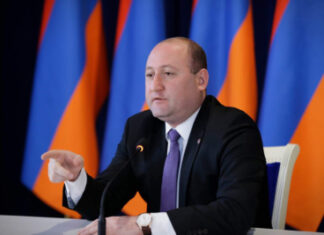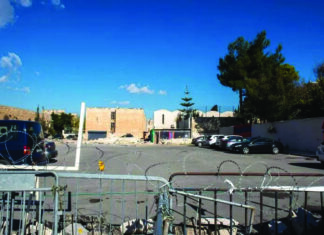War, earthquake and the collapse of the Soviet Union have taken heavy tolls on Armenia and the country, with all its intellectual resources, has not been able to recover fully within the last quarter century, because its neighbors have blockaded its borders and left the fear of hostilities simmering all the time.
Such strategies used by Azerbaijan and Turkey intend to destroy Armenia either through violence or through attrition.
And our only Christian neighbor, Georgia, has cooperated with Armenia’s foes, helping them to choke the country out of existence. Tbilisi has cooperated and continues to cooperate with Turkey and Azerbaijan in building energy and road systems in the region, bypassing Armenia.
As if the implementation of that unfriendly policy was not enough, Georgia’s new president, Salome Zourabichvili, allowed herself to behave in an ungracious and rude manner during her first official visit to Armenia. She criticized the Artsakh legislature for cooperating with South Ossetia and Abkhazia, both breakaway regions of Georgia, and she characterized the self-defense activities of the Armenian community of Abkhazia, during 2008 as “a massacre of Georgians” in that enclave.
Despite her arrogance, Prime Minister Nikol Pashinyan showed tremendously courteous manners with the prime minister of that country, Mamuka Bakhtadze, when he met with him unofficially on the mountainous border of the two countries.
The current government of Armenia is looking beyond the region for international relations to break the chokehold of its neighbors. Contrary to apprehensions that the youthful government established after the Velvet Revolution may falter as a result of its inexperience, the leaders are proving in all their endeavors that they have a good handle on the situation.









